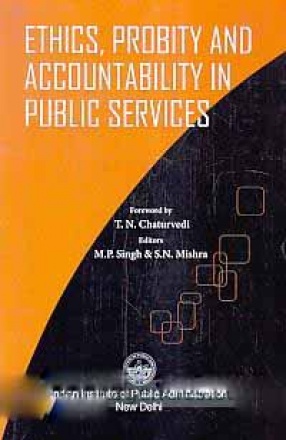
M P Singh

59 books

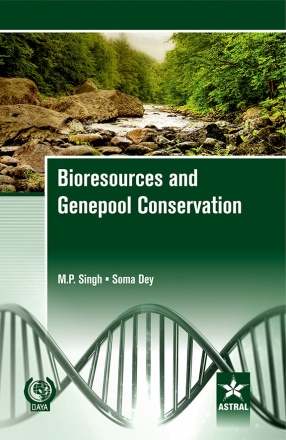


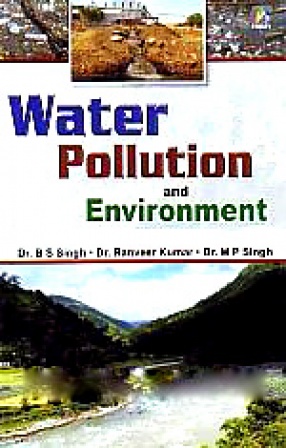
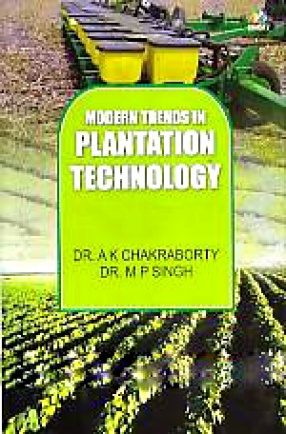
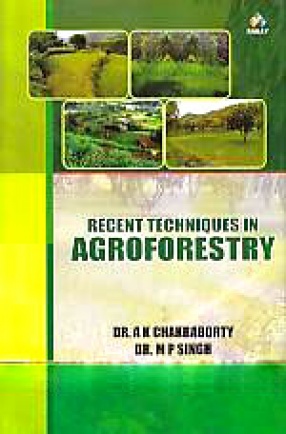
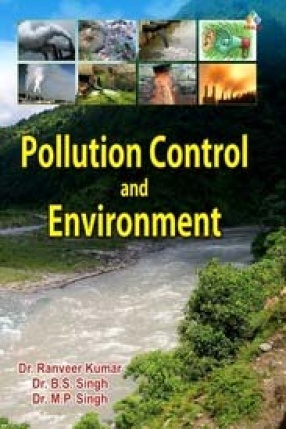

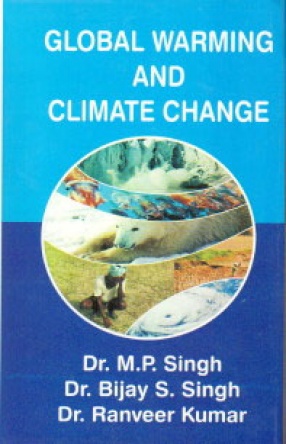
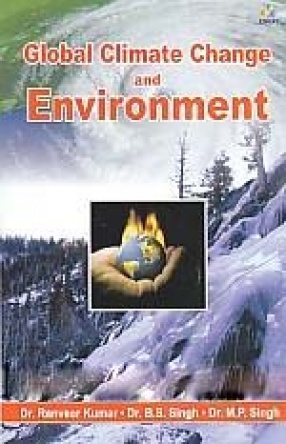
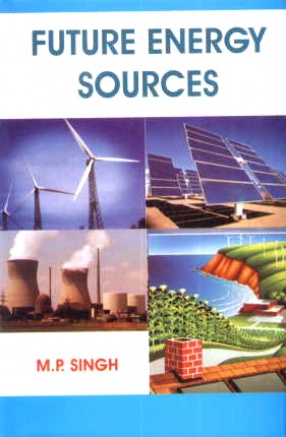
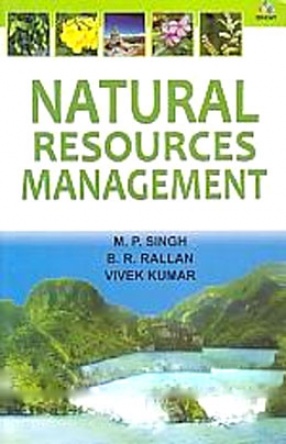

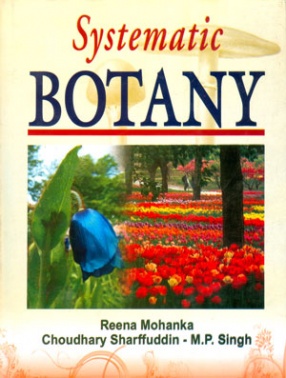
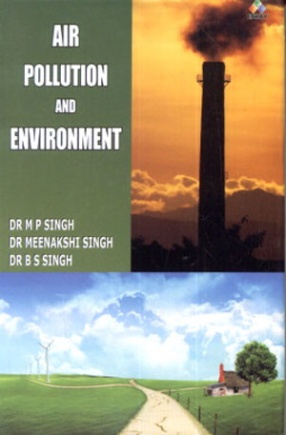
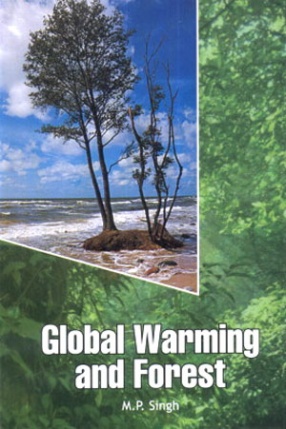


The book provide with the elementary knowledge of taxonomy of angiosperms and a concise account of ecology. About ninety five important families of angiosperms belonging to both Monocotyledons and Dicotyledons have been dealt, which will meet the demands of pass and honours, student alike. As advances in plant taxonomy have been rapidly increasing during past several years, attempt has been made to treat each family on a new line of thought, particularly floral ...

The present book is an attempt to make the people acquainted thoroughly with the knowledge of ecosystem, and the factors concerned with the deterioration of the environment and its valued resources with the view to plan and manage the development programmes in such a way that exploitation of natural resources may not upset the balance of nature. For the major part of the terrestrial habitat, the natural vegetation was forest. All the organisms sharing the habitat ...



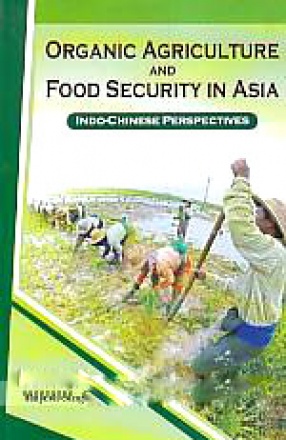

This book seeks to explain the concept of ethnobotany and the extent of its usage in modern times. It describes in detail the ethnobotanical and ethnomedicinal use of plants, orchids in ethnobotany, new crop development in ethnobotany and conservation of plant resources.
Making an in-depth study of the rising trend of ethnobotany, it also discusses the training of ethnobotanists, threats and conservation issues, rise of ethnobotany in 20th century, new social ...
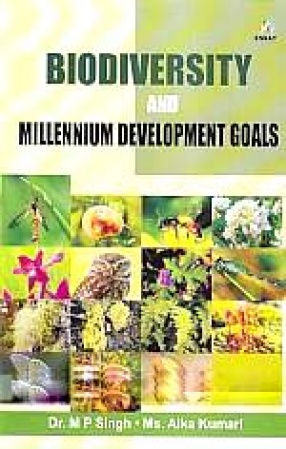
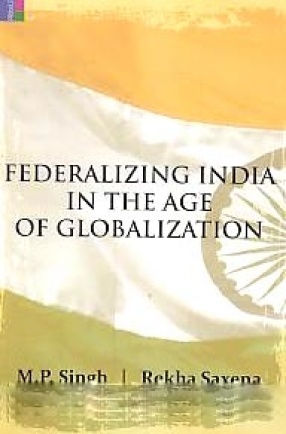
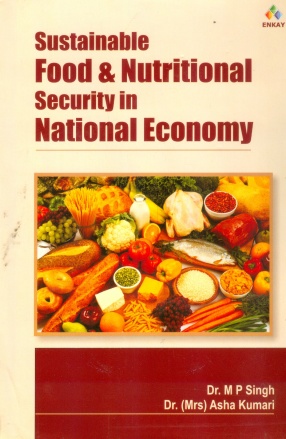
The Rural World faces a profound challenges. It is already home to about three quarters of the world's poorest people and faces the challenging conditions of increasingly limited resources such as Land Water and Power etc. Yet, we expect rural lands to intensify production and feed more persons in the coming decades. We expect the rural world to care for the ecosystem that agriculture has played a part in degrading. We expect that the rural world can offer ...

Water pollution is a major global problem which requires ongoing evaluation and revision of water resource policy at all levels. It has been suggested that it is the leading worldwide cause of deaths and diseases and that it accounts for the deaths of more than 14,000 people everyday. An estimated 700 million Indians have no access to a proper toilet, and 1,000 Indian children die of diarrheal sickness every day. Some 90% of China's cities suffer from some degree ...


Ever since man began cultivating crops and domesticating animals, he has been practising agroforestry as these activities took place along forest areas. Agroforestry is the system of land use that combines growing and raising of crops and or livestock along with plants that belong to the forest. The land can be used to raise agricultural crops and trees and to rear animals. Some examples are shifting cultivation, growing of tea and coffee under the shade of ...

Pollution is the introduction of contaminants into a natural environment that causes instability, disorder, harm or discomfort to the ecosystem i.e. physical systems or living organisms. Pollution can take the form of chemical substances or energy, such as noise, heat or light. Pollutants, the components of pollution, can be either foreign substances/energies or naturally occurring contaminants. Pollution is often classed as point source or non-point source ...

Biotechnology is the application of scientific techniques to modify and improve plants animals and microorganisms to enhance their value. Agricultural biotechnology is the area of biotechnology involving applications to agriculture. Agricultural biotechnology has been practiced for a long time as people have sought to improve agriculturally important organisms by selection and breeding. An example of traditional agricultural biotechnology is the development of ...

The world has become warmer in the last 50 years mostly due to human activities. The global temperature may increase by between 1.4 to 5.8 C with such consequences as rising sea level and amount and pattern of precipitation. These may also manifest in extreme whether condition such as global retreat floods droughts heatwaves, hurricanes, cyclones and tsumaric. All these may lead to extinction of many species and unintended consequences on human lives. Despite ...

This introduction to Global Climate Change explains very briefly what has been happening to the world's climate and why, and what is projected to happen in the future. While this report focuses on climate change impacts in the United States and other countries in the world, understanding these changes and their impacts requires an understanding of the global climate system. Many changes have been observed in global climate over the past century. The nature and ...

A reviewed interest in renewable energy and related conversion technologies is emerging again. Although the eventual depletion of fossil fuels lurks in the background as a long-term incentive for the development of sustainable energy forms, more urgent incentives to re-emphasize renewable energy are related to global environmental quality. The first concern to emerge was release of toxic compounds and oxides of nitrogen and sulphur resulting from combustion of ...



Systematic Botany is one of the important subject of Biological Sciences in India. No such book is available on the subject which exclusively covers all the families included in the syllabi of different universities. This book is intended for use by students who are likely to take up Batany as a Profession and also the B.Sc. students of Agricultural University where Botany has been introduced as an elective subject. The authors have done a valuable jobs in ...

Air pollution occurs when the air contains gases, dust, fumes or odour in harmful amount. That is, amounts which could be harmful to the health or comfort of humans and animals or which could cause damage to plants and materials. The substances that cause air pollution are called pollutants. Pollutants that are pumped into our atmosphere and directly pollute the air are called primary pollutants. Primary pollutant examples include carbon monoxide from car ...

The western countries were the biggest polluters until a few decades ago. The developing countries must avoid the excesses indulged by the west and learn appropriate lessons. Nature knows no political frontiers whether for climate change or transboundary pollution.The world has become warmer in the last 50 years, mostly due to human activities. The global temperature may increase by between 1.4 to 5.8 Degree Celsius with such consequences as rising sea level and ...
